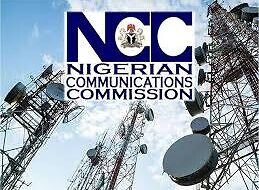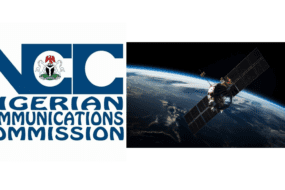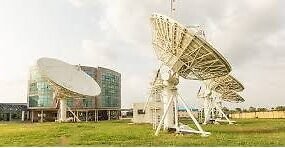Starlink, Elon Musk’s satellite Internet service under SpaceX, has officially launched in Cape Verde, marking a new milestone in its mission to bridge Africa’s digital divide. This rollout follows an October 2024 approval from Cape Verde’s regulatory body, Agência Reguladora Multissectorial da Economia (ARME), allowing Starlink to offer electronic communication services nationwide.
As the 16th African country and the 117th globally to adopt Starlink, Cape Verde’s entry into the satellite Internet space signals progress toward improved digital inclusion and economic transformation. Historically, the archipelago’s scattered geography and limited infrastructure have made reliable Internet access a challenge. Traditional cable systems often left rural areas disconnected, but Starlink’s low-Earth orbit satellite technology bypasses these hurdles, delivering high-speed Internet directly from space.
The implications of this development are wide-ranging. For local businesses, enhanced connectivity could open up opportunities to reach new markets, improve productivity, and drive economic growth. Students and educators in Cape Verde can access a broader array of online learning tools, and healthcare providers can explore telemedicine as a practical solution for remote communities.
Starlink’s mission to serve underserved regions comes at a critical time for Africa, where Internet penetration lingers at roughly 40%. With its low-Earth orbit satellites offering faster and more reliable Internet than traditional systems, Starlink’s presence could be transformative. The move into Cape Verde complements the service’s expansion into other African countries like Nigeria, Mozambique, and Zambia earlier this year. However, this journey has not been without its obstacles—Namibia recently halted Starlink’s operations, citing licensing issues.
Starlink’s pricing in Cape Verde has not been explicitly disclosed, but its structure in other regions provides some clues. In the United States, hardware costs $599 with a monthly subscription of $110. In African markets like Nigeria, Starlink has adjusted its prices, offering hardware for $250–$400 and monthly plans from $40–$70. However, even these rates remain steep compared to local providers, which could limit adoption in Cape Verde.
Despite this, the benefits for remote and underserved areas could outweigh the costs. Starlink’s entry highlights the growing demand for innovative connectivity solutions across Africa and raises questions about fair competition with local Internet service providers. As seen in Kenya, where Safaricom called for partnerships between satellite providers and local telecoms, balancing innovation with equitable market practices remains a pressing concern.







One reply on “Starlink Launches in Cape Verde as Analysts Discuss What It Means for the Country’s Digital Future”
[…] Starlink’s ambitious push into South Africa has encountered a major setback, with the satellite internet provider withdrawing from regulatory hearings led by the Independent Communications Authority of South Africa (ICASA). The unexpected move has left industry experts questioning the company’s future in the region. […]